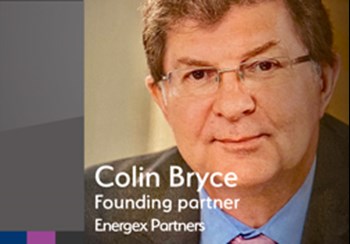Is renewables trading The New New Thing? – part one
The excitement surrounding renewable energy trading and markets appears to have much in common with the dot-com bubble of the 1990s. This first instalment examines the historical similarities
Michael Lewis's 1999 book The New New Thing hit the shelves just as the technology mania and the crazy valuations of entities with net-zero revenues—to ape current phraseology—frenzied the investment world. The tech boom of the late 1990s heralded a mania where otherwise cautious and intelligent investors seemingly took leave of their senses as they jumped aboard. This is perhaps best represented in the mid-1990s by the launch of Netscape on public markets—when the stock traded to three times its offer price on day one. It was this New New Thing that led the world into a ‘new normal’—to employ another popular, if somewhat irritating phrase—and to a life dominated by the Internet and the read

Also in this section
9 January 2026
A shift in perspective is needed on the carbon challenge, the success of which will determine the speed and extent of emissions cuts and how industries adapt to the new environment
2 January 2026
This year may be a defining one for carbon capture, utilisation and storage in the US, despite the institutional uncertainty
23 December 2025
Legislative reform in Germany sets the stage for commercial carbon capture and transport at a national level, while the UK has already seen financial close on major CCS clusters
15 December 2025
Net zero is not the problem for the UK’s power system. The real issue is with an outdated market design in desperate need of modernisation








